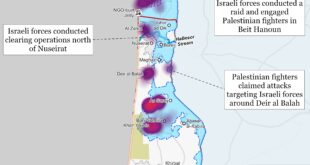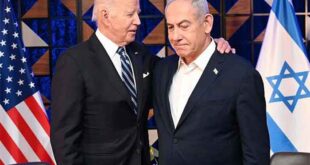Top politicians in the region are still struggling to live with criticism, accusing journalists of undermining national interests and of mafia ties, media organisation says.The Vienna-based South East Europe Media Organisation, SEEMO, an affiliate of the International Press Institute, IPI, observes with growing concern the way top politicians in South East Europe speak to and about the media.
“Press freedom is the basis of democracy,” underlines Oliver Vujovic, SEEMO Secretary General. “Public figures have to live with criticism in the media.”Numerous recent examples illustrate this trend, the organisation said.
On 17 July 2012, Romanian interim president Crin Antonescu labeled the US daily The Washington Post and the French newspaper Le Monde as “contaminated publications,” blaming the papers for Romania’s deteriorating international image.
One week earlier, Senator Dan Sova accused the Brussels correspondent of Romanian public radio of “transmitting false information that compromise the current Romanian government”, led by Victor Ponta.
In Bulgaria, on July 5, Prime Minister Boyko Borisov lost patience with the media that had criticized the work of the Ministry of Interior and said: “Whoever criticizes the Ministry of the Interior serves the mafia.”
The President of the Democratic Party of Socialists of Montenegro, Milo Djukanovic, who has dominated Montenegro’s political scene for two decades, either as a prime minister or president, told the Belgrade magazine Vreme that two Montenegrin dailies, Vijesti and Dan, and the Monitor weekly were aiming to “destroy and smear Montenegro” and him personally.
Molorad Dodik, president of the Serb-governed territory in Bosnia and Herzegovina, Republika Srpska, declared on 4 June 2012, that press freedom was guaranteed.
But two days earlier, SEEMO reported, on 2 June, Dodik asked Ljiljana Kovacevic, the local correspondent of the Belgrade-based Beta News Agency, to leave a press conference and to not return, calling her a liar.
On 13 May, Tomislav Nikolic, then presidential candidate and currently Serbia’s president, said during the TV show Rec po Rec (Word by Word), on Serbia’s public broadcaster, Radio Television Serbia, that as president, he would call RTS and say: “I am coming to the television tonight, you will inform about everything I do, I am the president of Serbia”, according to the Association of Serbian Journalists, UNS.
In an interview with the state news agency, MIA, published on 18 October 2011, Macedonian Prime Minister Nikola Gruevski, criticized the journalist Borjan Jovanovski for posing a particular question during a press conference in Brussels, accusing the journalist of asking a “prearranged question,” intending “to prepare the terrain” for next year’s “withdrawal of the recommendation [by the EU to start accession talks], if the name dispute [with Greece] is not solved by then.”
“I call on politicians in South East Europe to stop publicly naming and shaming journalists,” Oliver Vujovic, SEEMO Secretary General, said.
“Politicians have to understand that press freedom is the basis of democracy. If media do not comply with ethical standards, there are channels to place complaints.
“Accusing journalists of being traitors or mafia agents, without any proof, does not contribute to the respect of the rule of law. It can only lead to self censorship,” he concluded.
 Eurasia Press & News
Eurasia Press & News



